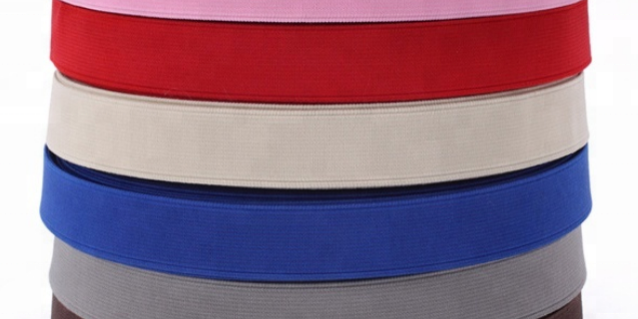Polyester webbing is just one of the many materials available for various applications. To make an informed choice, it’s essential to understand how polyester webbing compares to other materials commonly used in similar roles.
1. Polyester vs. Nylon Webbing: Polyester webbing and nylon webbing are both popular choices for webbing applications. While polyester offers excellent UV resistance and is less prone to moisture absorption, nylon webbing has a higher stretch factor, which can be advantageous in some cases.
2. Polyester vs. Polypropylene Webbing: Polyester webbing is more durable and offers better resistance to UV rays and moisture compared to polypropylene webbing. Polypropylene webbing is a cost-effective option but may not be as long-lasting in outdoor environments.
3. Polyester vs. Cotton Webbing: Polyester webbing is significantly stronger and more durable than cotton webbing. While cotton webbing is comfortable and easy to handle, it lacks the strength and resistance needed for heavy-duty applications.
4. Polyester vs. Seatbelt Webbing: Seatbelt webbing is typically made from polyester and is known for its strength and safety features. It’s designed specifically for automotive safety and is a specialized form of polyester webbing.
5. Polyester vs. Wire Rope: In some industrial applications, wire rope may be used instead of polyester webbing. Wire rope offers exceptional strength but is less flexible and can be more challenging to work with.
In summary, the choice between polyester webbing and other materials depends on your specific needs and the application. Polyester webbing is a strong, durable, and versatile option that excels in many scenarios.


















